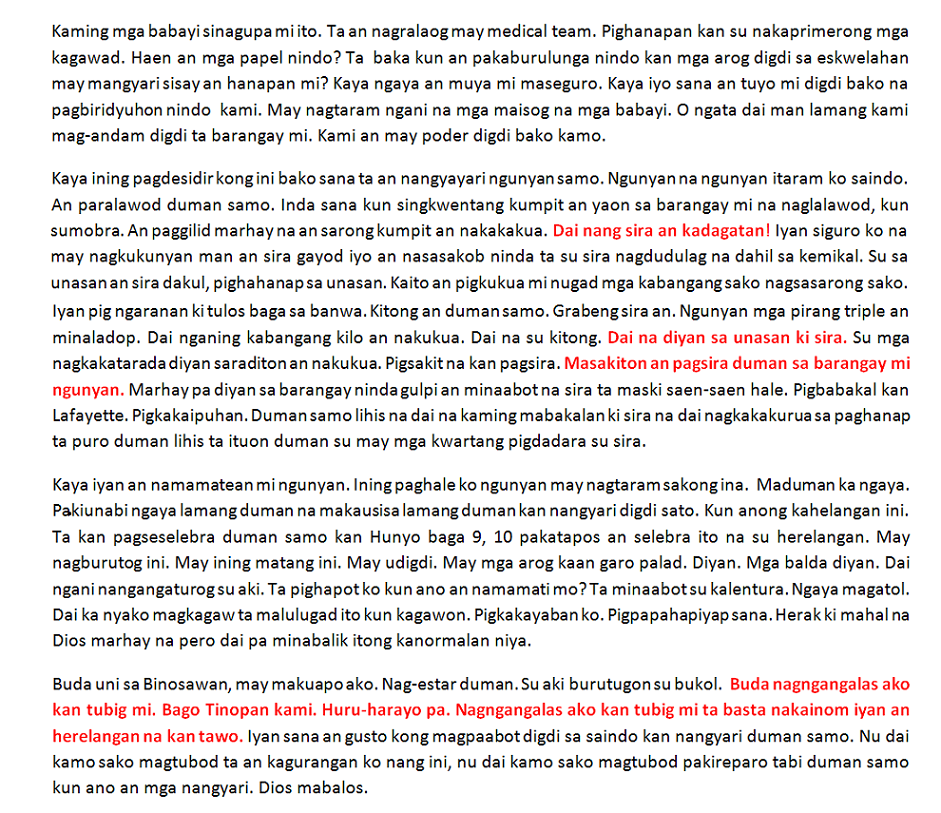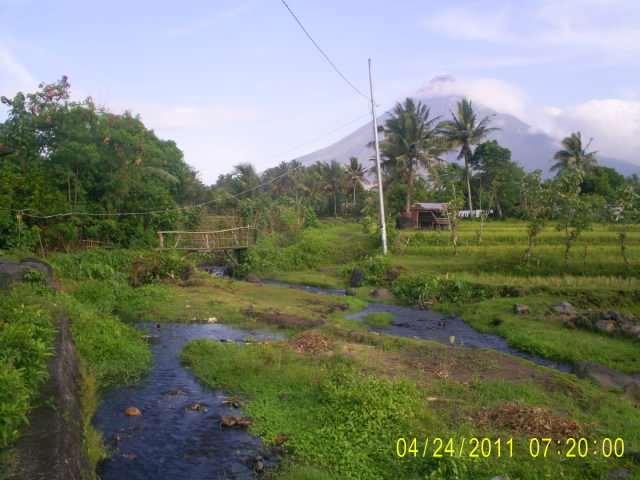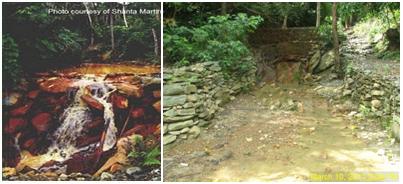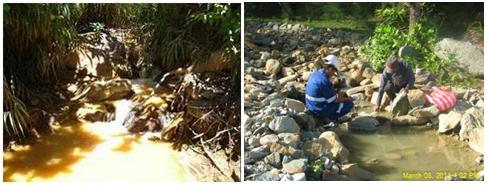Vol. XXI, No. 145-A
Saturday, February 23, 2008 | MANILA, PHILIPPINES
"The Mining Act of 1995 and its implementing rules and regulations have provided such environmental and social safeguards that hold mining companies responsible even in the most challenging cases like what [the] Rapu-Rapu [group] faces now," Mr. Atienza was quoted in a statement released yesterday by the Environment department.
Earlier this month, the Rapu-Rapu mine’s proponents� Lafayette Philippines, Inc., Rapu Rapu Holdings, Inc., Rapu Rapu Minerals, Inc. and Rapu Rapu Processing Co.� filed for rehabilitation at the Pasig City Regional Trial Court Branch 158, saying it incurred debts after it was forced to stop operations in November, 2005.
The firm closed because of cyanide spills from its mines in Rapu-Rapu Island in Albay, that reportedly caused fish kills and other environmental problems in the area and the neighboring Sorsogon province.
The court issued a stay order on Feb. 11 for the copper and zinc mine’s petition.
"I am aware that the proponents of the Rapu-Rapu mine have filed a petition for Rehabilitation with the court, but let me emphasize that this does not excuse them from any financial, environmental, social, legal, and fiscal obligations under their Mineral Production Sharing Agreement and Mineral Processing Permit," Mr. Atienza said.
Reached for comment, Rapu-Rapu Minerals Senior Vice President for Legal Affairs Bayani H. Agabin told BusinessWorld the proponents would comply with their obligations.
"But we probably have to discuss the amounts involved," Mr. Agabin said, saying it is also possible the costs would be lower than the P137 million quoted by Mr. Atienza.
"We recognize that the government is protecting its interests and the environment. We recognize their obligation," Mr. Agabin said.
"That is why we filed [for corporate rehabilitation], to make sure that we can continue operating so we can fulfill our obligations," he added.































































































































No comments:
Post a Comment